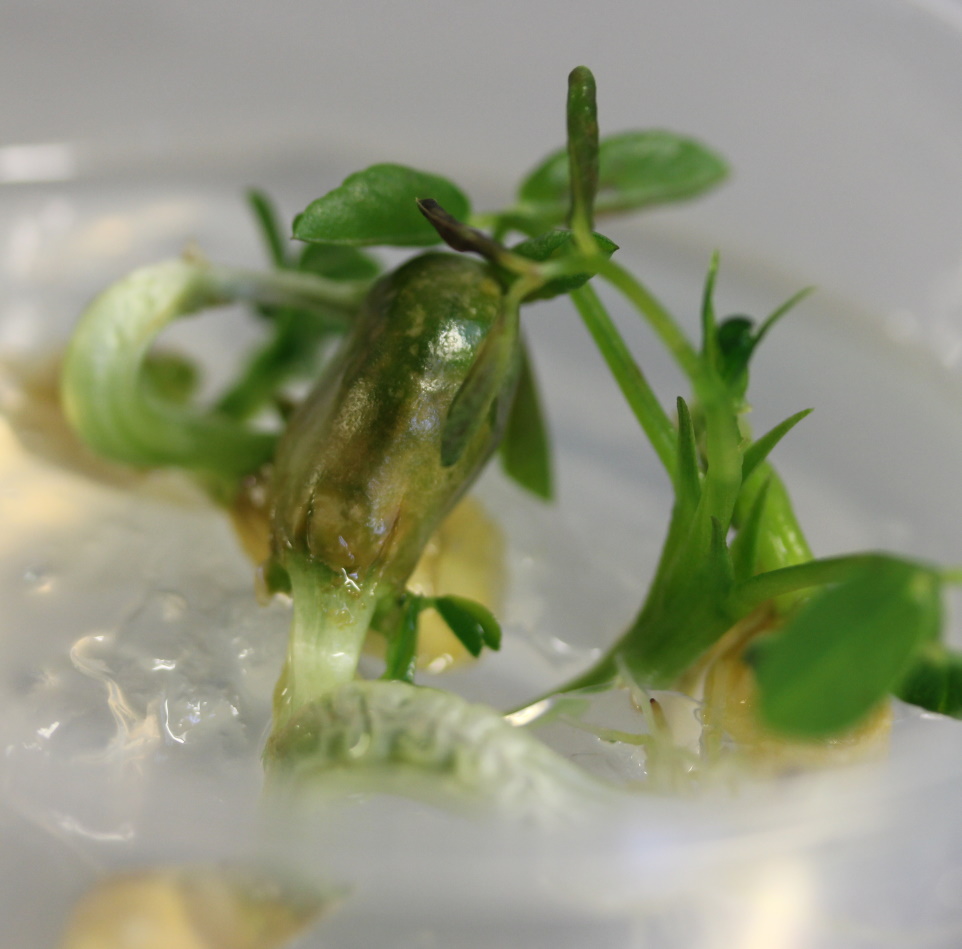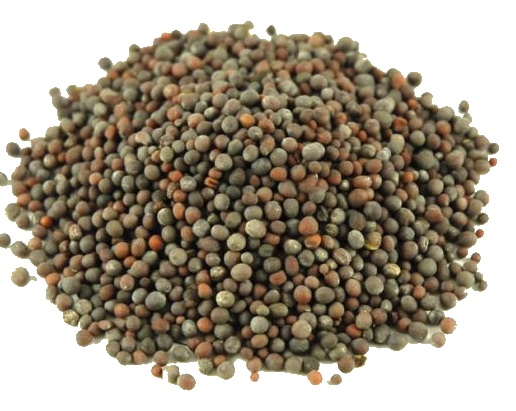Low Allergen Containing Plants
The objective of LACOP is the development of food plants with a reduced content of the allergenic storage proteins 2S Albumin Bra j 1 (mustard) and 7S Globulin Ara h 1 (peanut). Only the allergenic epitopes are removed from the corresponding genes by means of genome editing.
The advantage of CRISPR-Cas9-based genome editing is the ability to introduce several mutations at different locations in the genome simultaneously. This is crucial because many allergenic proteins have a polygenic background.
Genome edited plants are already available in countries like USA, Japan, Brazil and others. In these countries they are classified as modern breeded plants and not as “genetically modified organisms (GMO)”. Therefore they could be intorduced to the market without major regulatory hurdles.
The European Court of Justice has ruled contrary for the EU, with the result that genome-modified plants will not be available here for the time being.
Subprojects:
- 1-1: Wolffia & LAMA (Reinard, LUH)
- 1-2: Genome Editing (Boch, LUH)
- 2: Transformation & Regeneration (Winkelmann, LUH)
- 3: Recombinant Antibodies (Hust, TuBS)
- 4: Analysis allergenic proteins (Beyer, Charité)
- 5: Allergy-Tests (Kammermeier, DST)
- 6: Consumer communication (Schnadt, DAAB)

Because not all allergens can be removed from the plants in one step, a reliable test system is needed to distinguish the newly developed plants from normal plants. In LACOP this test system bases on the use of recombinant antibodies selected by phage display against wild type and hypoallergenic proteins. These antibodies will be used for the development of sandwich ELISAs for the analysis of novel food plants generated in LACOP. Obviously, the hypoallergenic plants will be tested for hypoallergenicity using sera from allergy patients.
Obviously, the hypoallergenic plants will be tested for hypoallergenicity using sera from allergy patients. Currently, there is no treatment of food allergy available, the only thing left for the sufferers is to avoid the respective food. Oral immunotherapy is a promising approach to develop such a therapy. But peanuts are known to trigger very severe reactions. Therefore the use of hypoallergenic plants in oral immunotherapy can reduce such adverse reactions.

In parallel to the peanut allergen Ara h 1, the allergen Bra j 1 from oriental mustard is being addressed in this project as well.
The scientific and technological progress in the food sector is closely followed by the public, therefore the German Allergy and Asthma Association (DAAB) is involved as partner in LACOP.
